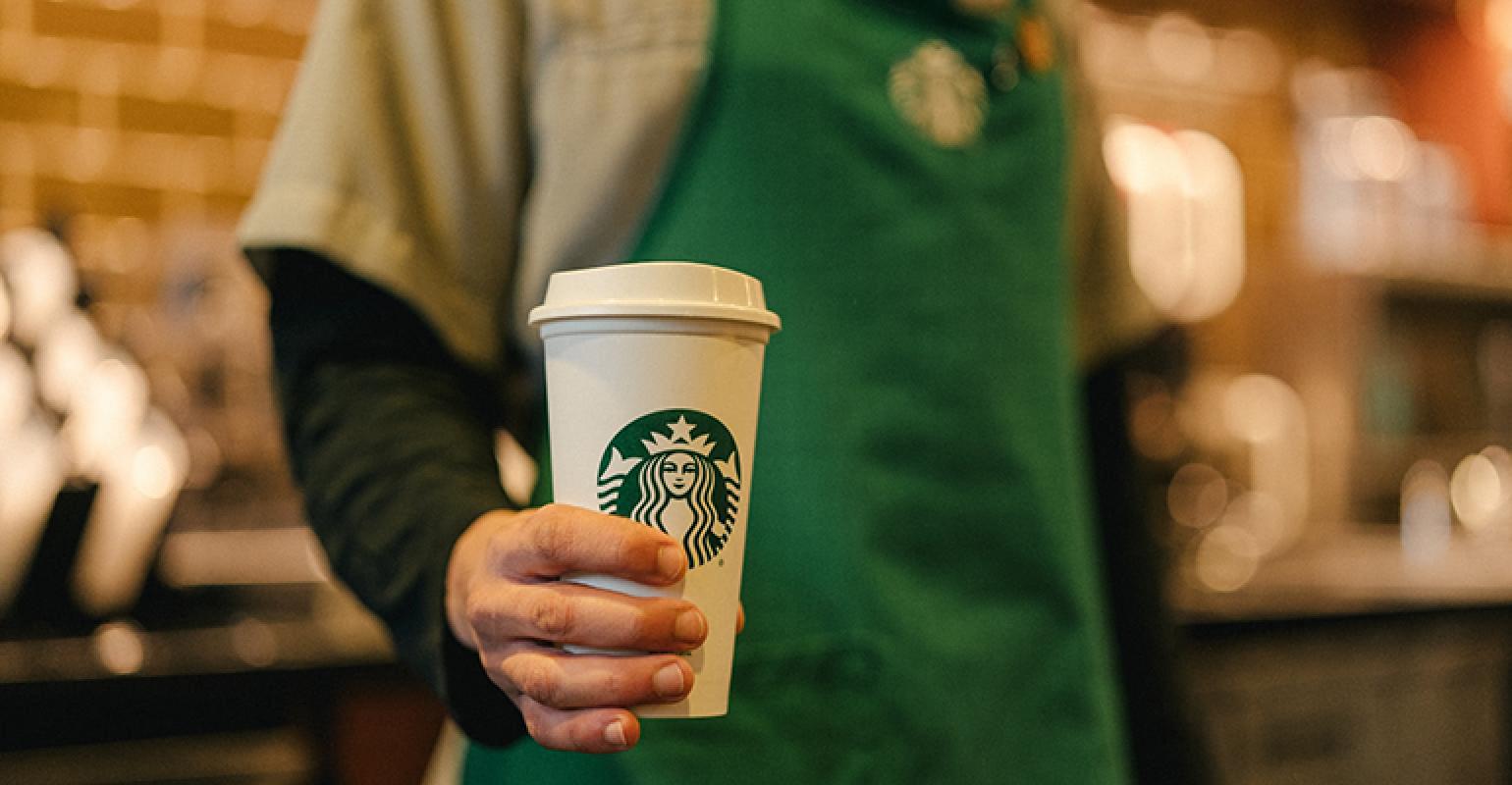Despite calls by the President for private businesses to continue implementing and requiring proof of vaccination from their employees in the face of a Supreme Court decision striking down his vaccine mandate, one large liberal-leaning company has decided to buck the trend, so to speak.
Starbucks announced on Wednesday that it will scrap its vaccine mandate and Covid testing requirements following the Supreme Court decision last week, a move that flies directly in the face of President Biden’s plea to private businesses.
In a statement, Starbucks said it was simply complying with the Supreme Court ruling, though the company could have kept its own internal mandate, it chose to scrap the requirement entirely:
Starbucks is no longer requiring its U.S. workers to be vaccinated against COVID-19, reversing a plan it announced earlier this month.
In a memo sent Tuesday to employees, the Seattle coffee giant said it was responding to last week’s ruling by the U.S. Supreme Court. In a 6-3 vote, the court rejected the Biden administration’s plan to require vaccines or regular COVID testing at companies with more than 100 workers.
“We respect the court’s ruling and will comply,” Starbucks Chief Operating Officer John Culver wrote in the memo.
Starbucks’ reversal is among the most high-profile corporate actions in response to the Supreme Court ruling. The company employs 228,000 people in the U.S.
Starbucks is a ubiquitous brand around the country, and it could have continued requiring proof of vaccination or require weekly testing of employees who choose to skip the vaccine.
This move, by a major U.S. corporation that supports most liberal policies, to break from White House orthodoxy speaks to the reality on the ground for businesses trying to hire and retain employees in a competitive environment.
Just a week ago, Biden was imploring companies to “do the right thing” and continue requiring proof of vaccination for employment:
President Joe Biden has urged employers to “do the right thing” and ensure their staff get COVID-19 shots, after the US Supreme Court blocked his administration’s vaccine-or-testing mandate Thursday.
Biden said in a statement that he was “disappointed” by the ruling and that it was now up to states and employers to choose whether to make workplaces “as safe as possible” by mandating vaccines or testing.
Using the Supreme Court ruling is a convenient and valid escape hatch for Starbucks. However, there’s nothing that prevents the company from implementing its own mandate, as many companies already have and will continue to do. There must be deeper reasons involved, such as staffing issues, for example, in tight labor markets where a policy change like this can open the door for new applicants.
This doesn’t mean Starbucks is dropping all its Covid policies, of course. Instead, the company will now require workers to wear N95 or KN95 masks instead of cloth:
In light of new guidance from the Centers for Disease Control and Prevention on the efficacy of certain face masks, Starbucks told employees on Wednesday it would no longer allow baristas to wear cloth masks in the workplace.
Instead, they are required to wear at least one three-ply, medical-grade mask, the company said. N95, KN95 or KF94 masks are also allowed, but the coffee giant said it wouldn’t be able to provide them to workers because of supply constraints.
That’s at least a more science-based approach than requiring proof of vaccination, although probably more of a nuisance for employees stuck in a very restrictive mask all day.
It’s likely more companies will follow suit eventually, scrapping their vaccine requirement for workers, especially as the definition of “fully vaccinated” will probably change to require booster shots. This ongoing battle is not one that most employers want to keep fighting forever.
Donate Now to Support Election Central
- Help defend independent journalism
- Directly support this website and our efforts
